Fisheries Bills Would Increase Risk of Overfishing in U.S. Waters
House committee should safeguard, not weaken, laws that have helped rebuild fish populations
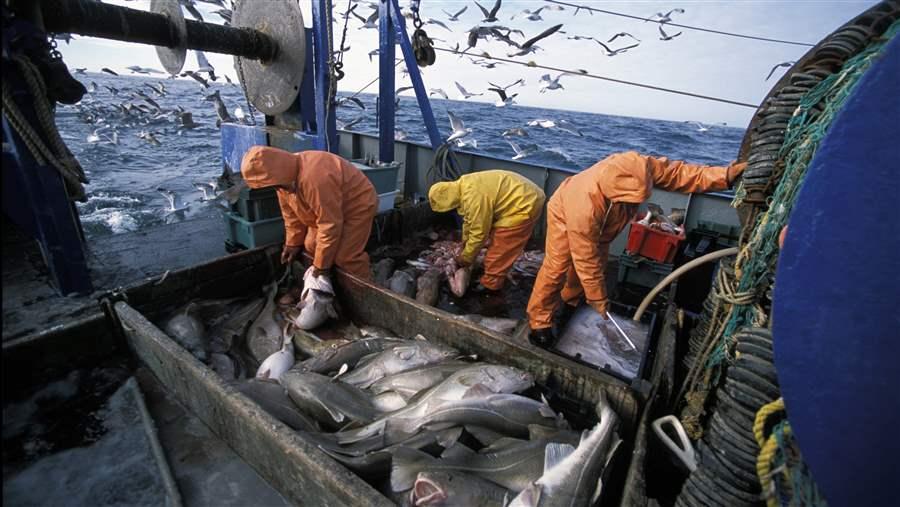
Proposed changes to the nation’s key fishing law would hurt rebuilding efforts for populations like Atlantic cod that continue to struggle.
© Jeff RotmanAmerican fisheries have come a long way since decades of overfishing left our waters heavily depleted. Now, two bills pending in Congress would undermine that progress, hurting our country’s fisheries and all who depend on them, including fishermen.
Even after members of Congress from both parties worked together in 1976 to pass the nation’s primary ocean fishing law, the Magnuson-Stevens Fishery Conservation and Management Act (MSA), U.S. marine waters suffered from chronic overfishing in the 1980s and 1990s. But lawmakers recognized problems with the law and took strides to fix them with overwhelmingly bipartisan reauthorizations of the act in 1996 and 2006. The MSA now includes requirements to prevent overfishing using annual catch limits, rebuild depleted fish populations, and promote science-based decision-making, all of which have recently bolstered the U.S. reputation as a world leader in marine fishery management.
On Dec. 13, the House Committee on Natural Resources will take up two bills that threaten America’s fisheries: H.R. 200, a measure to reauthorize the MSA; and H.R. 3588, which is specific to Gulf of Mexico red snapper management.
If passed, H.R. 200 would:
- Create broad exemptions to the requirement that fishery managers set reasonable timelines for rebuilding depleted fish populations. Extended timelines would in turn delay the recovery of ecological and economic benefits tied to healthy populations.
- Curb the use of science-based catch limits that are in place to prevent overfishing.
- Undermine several core conservation laws, including the National Environmental Policy Act and the Endangered Species Act.
H.R. 3588 would:
- Exempt recreational Gulf of Mexico red snapper management from the conservation requirements of the MSA and transfer management responsibility of Gulf red snapper to an untested state-based system.
Both bills represent an approach that would return the U.S. to the days when overfishing and depleted fish populations were chronic problems. The changes would hurt American fisheries and fishermen by weakening the conservation provisions that are leading to more stable fishing businesses and healthier fish populations. In recent weeks, more than 900 scientists, fishermen, business leaders, organizations, and others have registered their opposition to any changes in the MSA that would weaken the law.
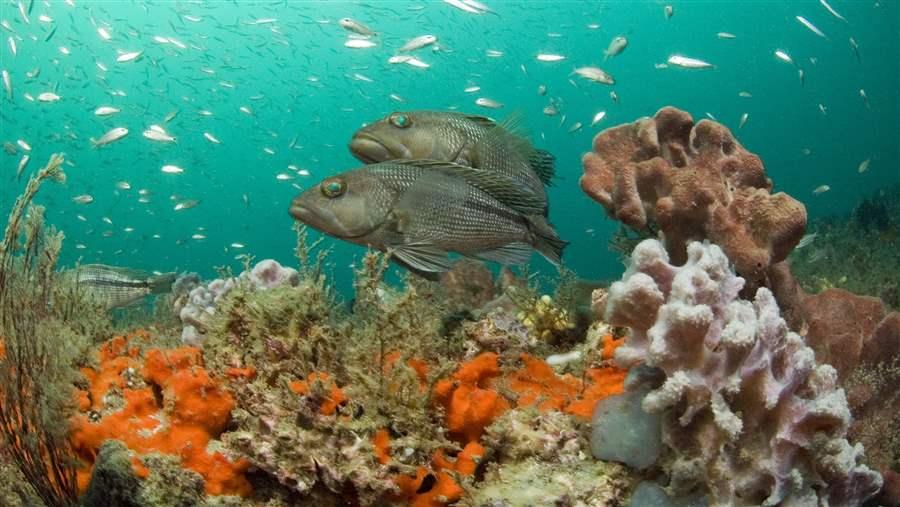
After decades of overfishing, black sea bass along the Atlantic coast are recovering due to strong fishery management policies.
© National Oceanic and Atmospheric AdministrationWith 43 once-overfished populations rebuilt since 2000 and historic low numbers of assessed populations subject to overfishing, it’s clear that the MSA is benefitting commercial and recreational fishermen, charter boat captains, chefs, seafood lovers, and coastal communities throughout the country. At a September hearing before a House Natural Resources subcommittee, Chris Oliver, assistant administrator of the National Oceanic and Atmospheric Administration’s National Marine Fisheries Service (NOAA Fisheries) highlighted the act’s “outstanding success” in ending overfishing and “rebuilding fish stocks across the board,” a sentiment echoed by other witnesses during a series of MSA hearings this year.
But U.S. fish populations still face significant challenges, including continued vulnerability to overfishing, destruction of essential habitats, and changing ocean conditions—factors that highlight a need to strengthen, not weaken, the MSA. In 2016, NOAA Fisheries classified 16 percent of assessed U.S. populations as overfished. In addition, today’s regional fishery managers face critical, often complex decisions, including how to manage fish populations that are shifting their range in search of cooler waters, conserve forage fish to benefit existing fisheries and other marine life that depend on them, and prudently increase opportunities for fishermen to catch species that are steadily rebuilding but not yet recovered.
There’s much at stake with these two bills. As several members of the House Natural Resources Committee and witnesses said at the September hearing on U.S. fishery management, America shouldn’t turn its back on a system that helped restore the nation’s fisheries after decades in which fishermen took all they could from our ocean.
I agree, and I urge members of the House committee to vote no on H.R. 200 and H.R. 3588.
Ted Morton leads fisheries work at the federal level for The Pew Charitable Trusts.


America’s Overdose Crisis
Sign up for our five-email course explaining the overdose crisis in America, the state of treatment access, and ways to improve care
Sign up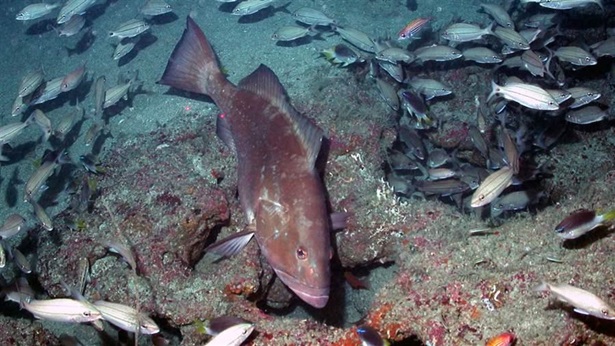
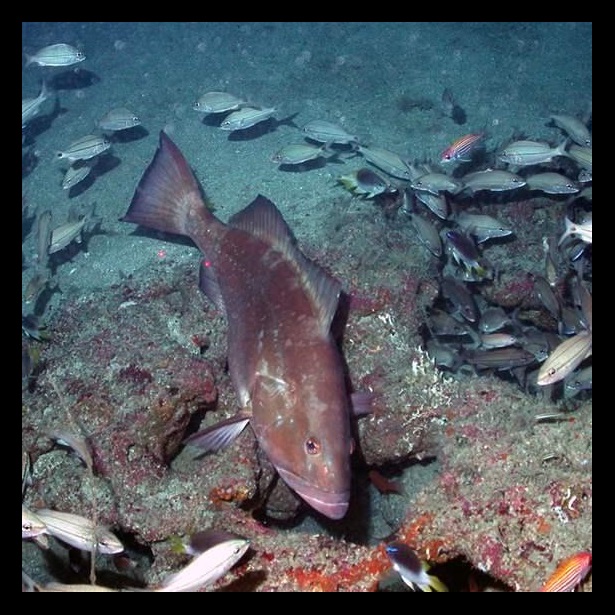
Federal Bill Would Be Giant Step Backward for U.S. Fish Populations
H.R. 200 threatens years of progress in rebuilding the nation’s fisheries
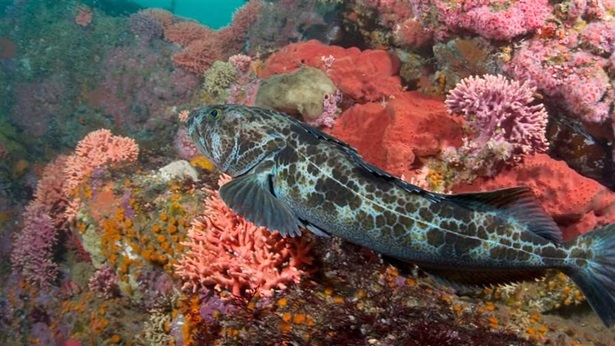

U.S. Has Made Progress in Restoring Ocean Fish
Magnuson-Stevens Act is helping dozens of fish populations recover from overfishing, but more is needed









